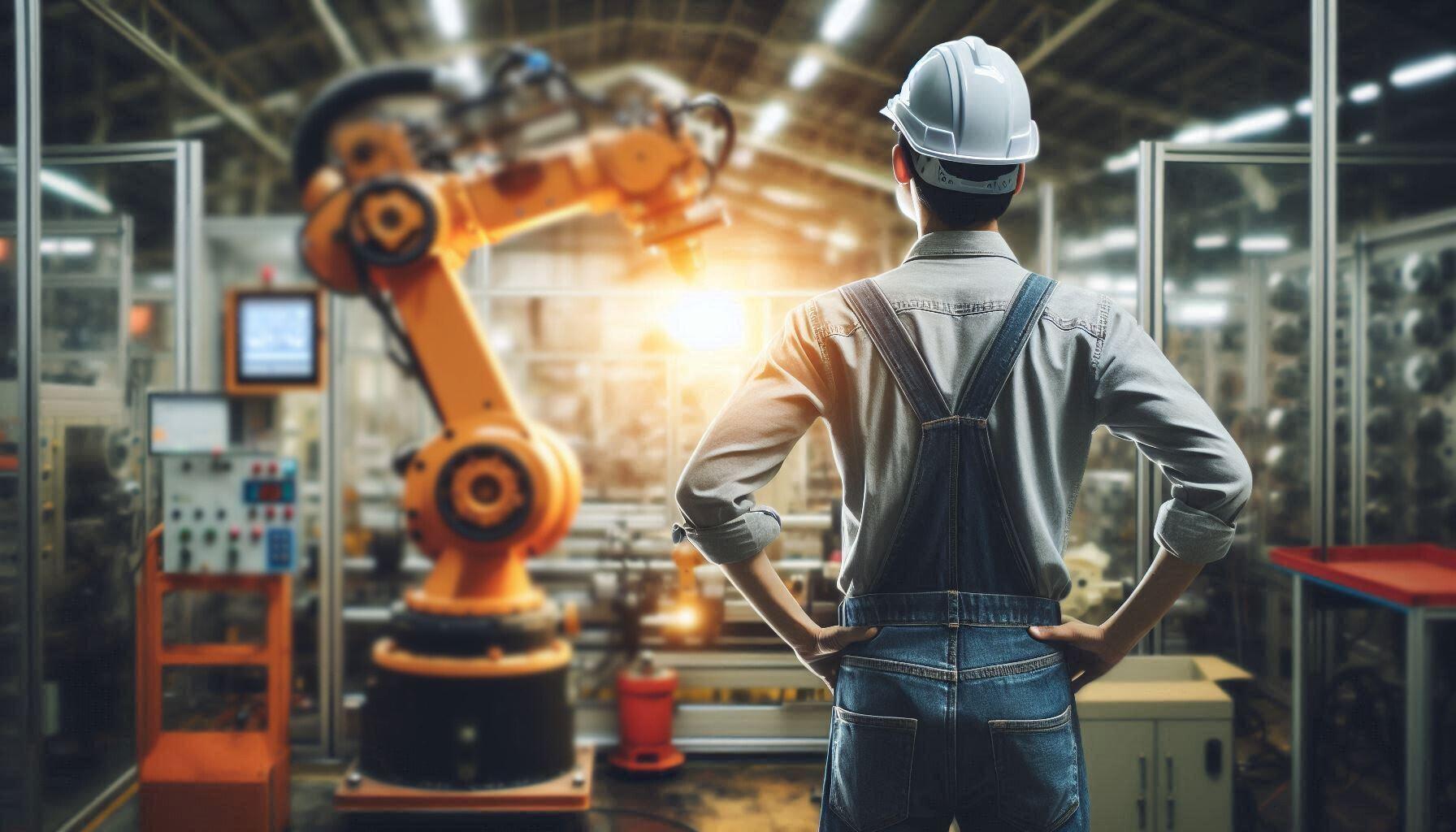Worried about robots stealing your job? You can relax... unless you're a manager.
A survey-based study explains how automation is redefining the world of work in unexpected ways. Robots can improve productivity and quality, cut costs and even help create more jobs for their human colleagues. But more robots may also reduce the need for managers.
The study is entitled “The Robot Revolution: Managerial and Employment Consequences for Firms”. Co-authors are Lynn Wu, professor of operations, information and decision management at Wharton; Bryan Hong, professor of entrepreneurship and management at the Bloch School of Management, University of Missouri at Kansas City; and Jay Dixon, economist at Statistics Canada. The researchers said the study, which analyzed five years of company data from the Canadian economy, is the most comprehensive of its kind on how automation affects employment, the workforce, strategic priorities and other aspects of the workplace.
More robots, more workers
Despite popular belief, robots do not replace workers. Although some companies lay off workers when they adopt robots, the data shows that increased automation leads to an overall increase in hiring. This is because companies that adopt robots become so much more productive that they need more staff to meet increased production demand, Wu explained.
“Any job losses in our data that we found were from non-adopting companies,” she said. “These companies became less productive compared to adopters. They lost their competitive edge and, as a result, had to lay off workers.”
Armed with automation facts, companies need to consider a more holistic strategy when introducing robots, she said.
“It's really about how to better leverage technology to become more productive, more competitive and how to change your company's management practices to get the most out of your robotic technologies,” said Wu.
Robots make some managers obsolete
Some types of managers become unnecessary as companies increase automation, according to the study. The decline is simply an effect of modern technology, said Wu. As different tasks and processes are automated, human error is dramatically reduced. The same applies to the need for managers to closely monitor this work.
“The technology can generate reports on what the robots have done, what materials they've used, and it can aggregate them at the company level, the division level, to easily get many different operational metrics,” said Wu. “And these are the kinds of things that managers tend to do.”
But it's a little more complex than that. The decrease in the number of managers is due to the changing composition of employment. Although the adoption of robots is leading to an increase in employment, this increase is not uniform in terms of skills, said Wu. Low-skilled workers, such as packers, and high-skilled workers, such as engineers, are seeing their numbers increase, but medium-skilled workers are under threat.
“When you see a sharp decline in medium-skilled work and an increase in these extremes - the high- and low-skilled workforce - it means that the type of managers you need to manage this new workforce will be different.”
Someone supervising low-skilled workers can manage many more people when a company introduces robots because of standardization and efficiency. But the change is more ambiguous for managers of highly skilled workers. These employees are generally responsible for innovation rather than operations, which is harder to measure.
“In the next few years, you're going to see enormous turbulence in the industry, if you haven't already.” - Lynn Wu
Revolution is inevitable
Wu said the robot revolution is “inevitable” given advances in artificial intelligence, machine learning and other technologies that are rapidly transforming the world of work. She encouraged business leaders to embrace change and explore strategies to maximize the benefits. For example, the study found that robots were associated with increased use of pay-for-performance, as automation reduces variance. In other words, it's easier to meet production quotas when robots are at work. Robots also reduce workplace injuries, according to the study.
Automating a company is a major project that raises many questions, not least financial ones. Revtech accompanies its customers on this complex journey. Our advice is not to wait, as the project can take months or even years. The faster companies get started, the sooner they'll be ready.

